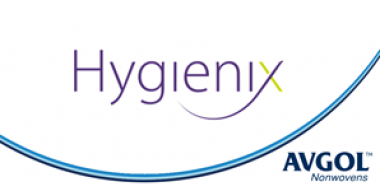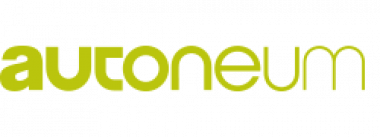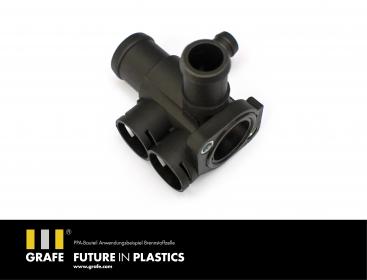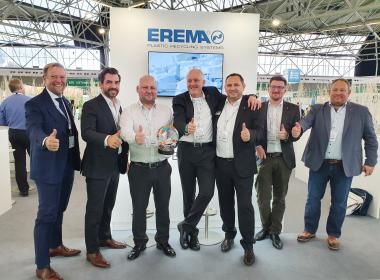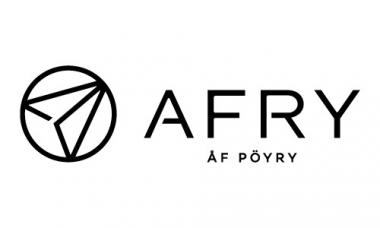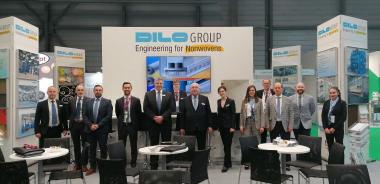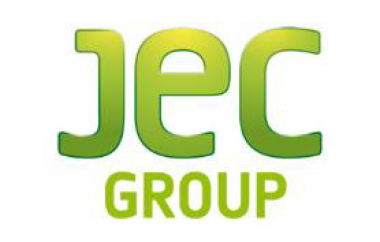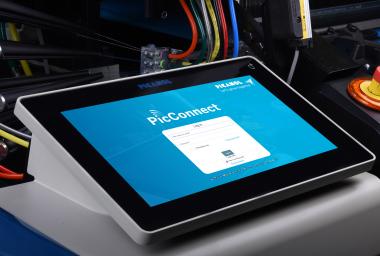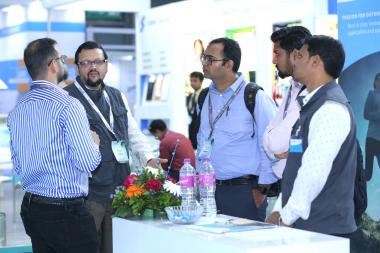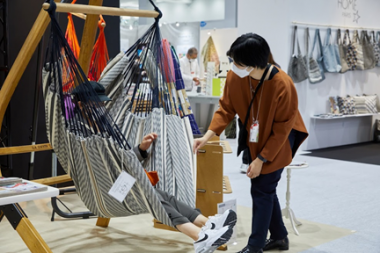JEC Forum DACH: Latest news about the event
JEC Forum DACH will open its doors from November 23 – 24, 2021, the promise of a two-days gathering around business meetings and conferences. JEC Forum DACH will offer actors of the composites profession in the region the opportunity to exchange and learn about current and future developments of the industry through a rich program of conferences, the JEC Composites Startup Booster, and the AVK Innovation Awards. It also includes pre-arranged Business Meetings between sponsors and attendees as well as sponsors’ workshops.
CONFERENCES, KEYNOTES, AND MARKET OVERVIEW
JEC Forum DACH will feature cutting-edge live conferences with experts from the industry as well as
exclusive keynotes organized by the AVK.
MEETINGS PROGRAM
In order to help the sponsors to save time and establish connections with real-interest business partners, JEC Group has developed a Business Meetings program: an efficient facilitator to connect precise needs to corresponding offers. These one-to-one meetings will be held on the sponsors’ booths during the two days of the event.
FEATURED SPONSORS’ WORKSHOPS
JEC Forum DACH will host 9 sponsors’ workshops during the two days: CMS SPA, Elantas Europe S.r.l., Kisling AG, Kroenert GmbH & Co KG, Maschinenfabrik Herbert MEYER GmbH, Netzsch Process Intelligence GmbH and Schwarzpunkt (part of Helvoet Group), Saertex GmbH & Co KG and SVT, Trima Spol Sro and Walter Mäder AG will present their know-how and technology during 30 minutes’ presentations in front of the attendees as well as in livestreaming.
FOSTERING ENTREPRENEURSHIP WITH THE JEC COMPOSITES STARTUP BOOSTER
JEC Composites Startup Booster is the leading startup competition in the world of composites.
It enables the community to find and assess innovations with a potential impact on their respective industries. The competition will be held at JEC Forum DACH for the first time with the pitches’ session on November 23rd at 2:15pm followed by the Awards ceremony at 6:15 pm.
The finalists are: ANYBRID (Germany), CARBON CLEANUP (Austria), CARBON-DRIVE (Germany), FIBRECOAT (Germany), and TOUCH SENSITY (France).
CELEBRATING INNOVATION WITH THE AVK INNOVATION AWARDS
This year at JEC Forum DACH, JEC Group and AVK will co-organize the AVK Innovation Award.
One of the goals of the AVK Innovation Awards is to give prominence to the innovations and the companies/institutions behind them, thus publicizing their performance throughout the industry. These awards will celebrate innovations in fiber-reinforced plastics (FRP) / composites during the Awards ceremony on Tuesday 23rd, at 6:15pm.
Full program and speakers list here.
JEC Group










